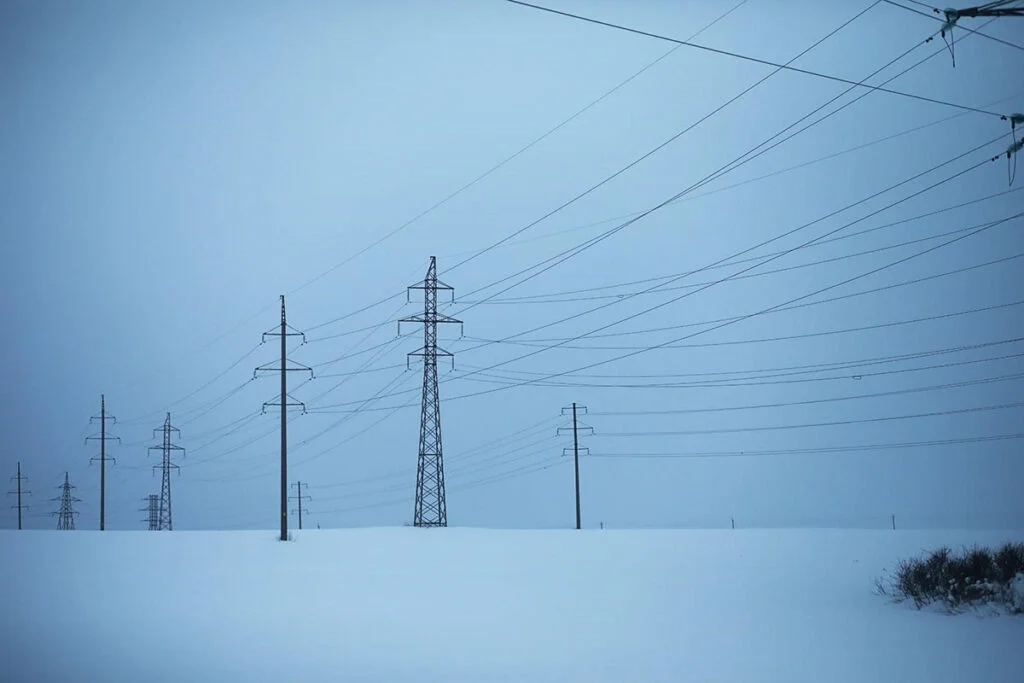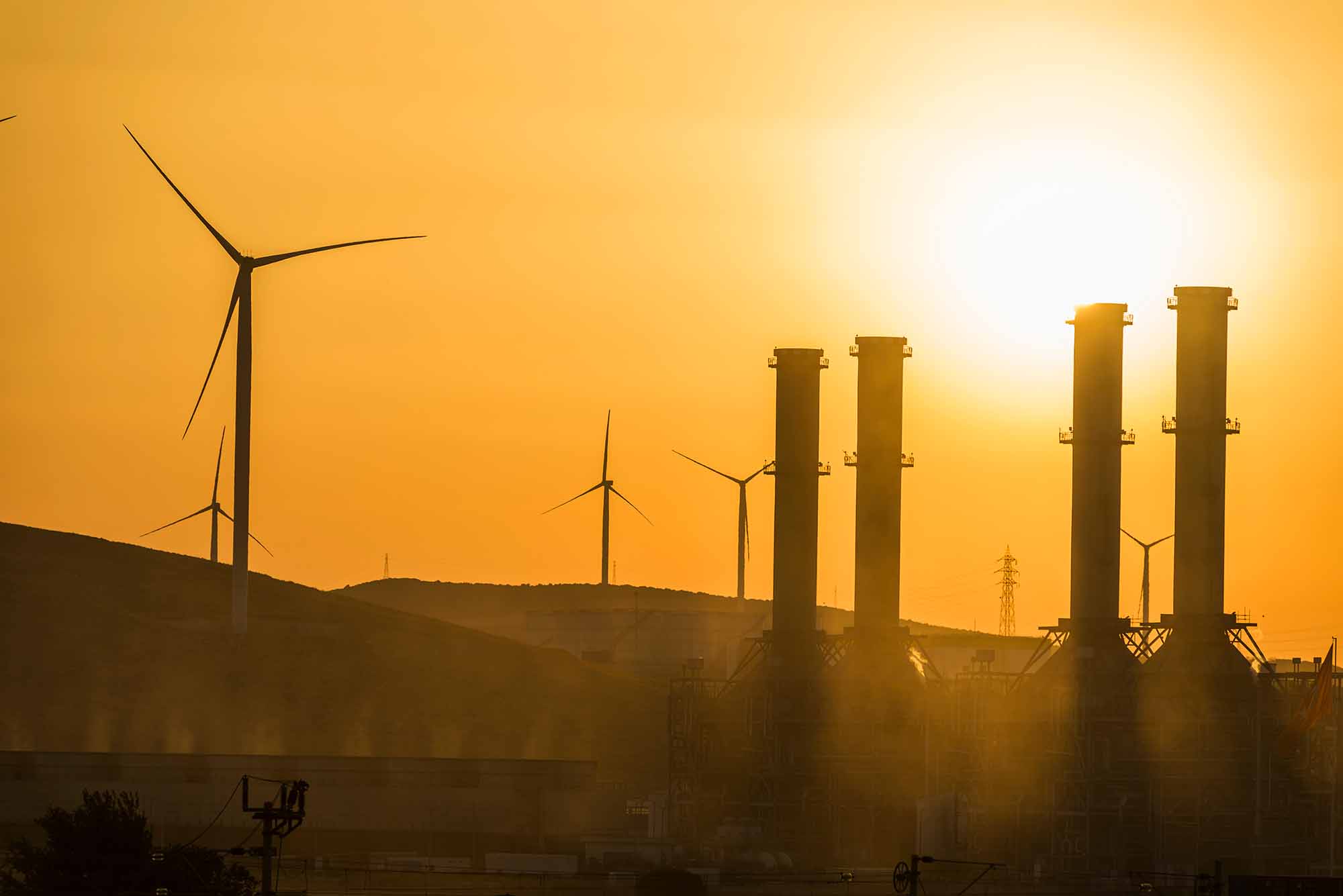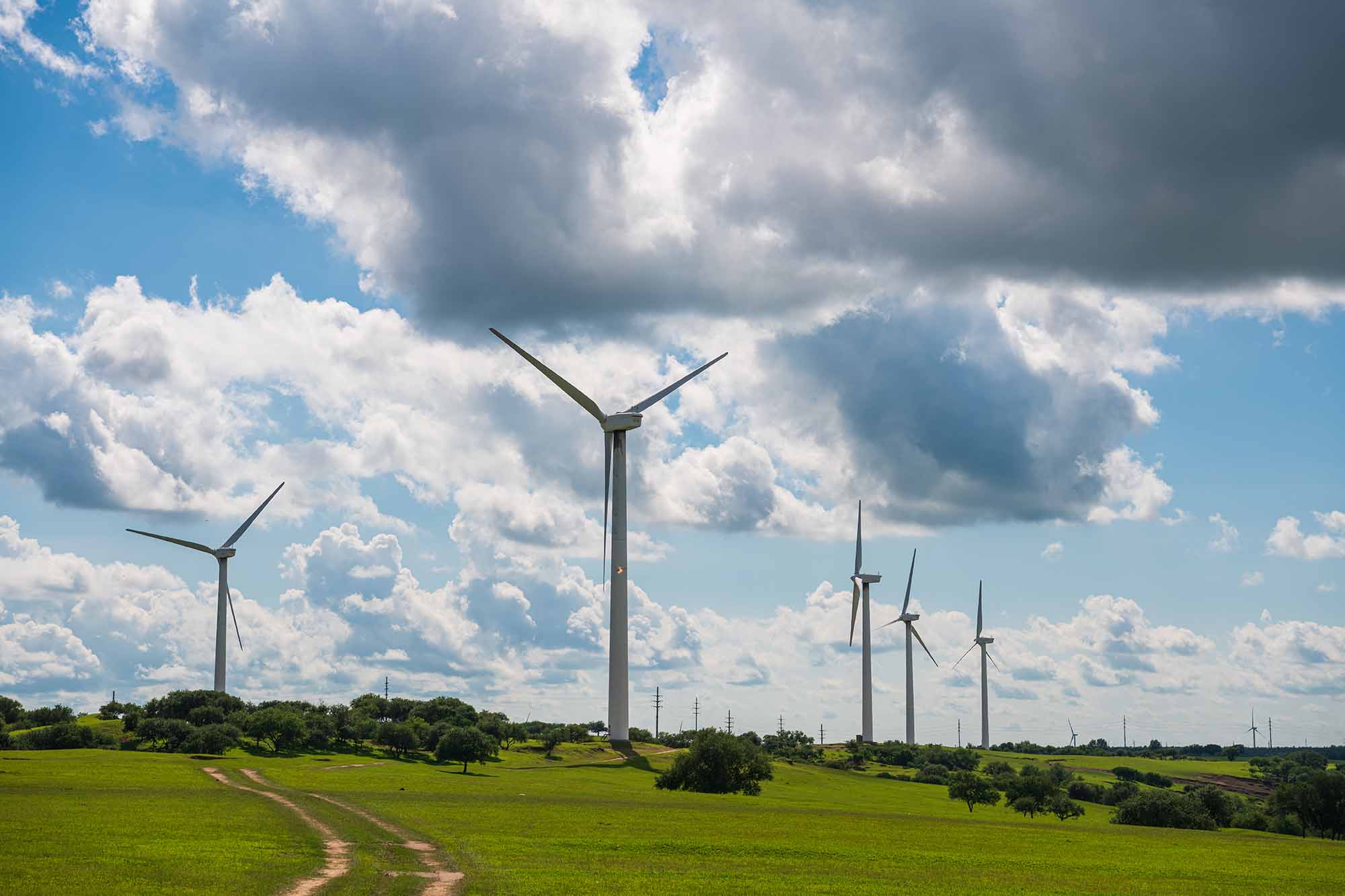WWW.MRO.NET
The Federal Energy Regulatory Commission (FERC) jointly with the North American Electric Reliability Corporation (NERC) released a final report on the impact of Winter Storm Elliott on reliability of the bulk power system on November 7, 2023. Elliott was a potent winter storm with high winds and below normal temperatures between December 21 and 26, 2022 causing significant unplanned outages of generating resources and higher than expected customer loads that led to manual, firm load shed in portions of the Eastern U.S. Cold weather from Elliott also caused significant declines in natural gas production and increased demand that drove down pipeline pressures to dangerously low levels in some areas. In particular, Con Edison, which provides natural gas to over a million customers in and around New York City reported rapidly decreasing pipeline pressures that brought them near a potential loss of their entire system. Had Con Edison lost their entire system, they estimated it would have taken months to restore extinguished pilot lights and return all customers to service.
Closer to home, utilities and grid operators in the MRO region were less affected by Elliott than other parts of the eastern U.S. However, the MRO region was not immune to challenges in generation supply or increases in customer demand during the storm. The MRO footprint saw a significant increase in unplanned outages of generating resources and higher than expected customer loads that led both MISO and SPP to enter into emergency procedures to maintain system reliability. Emergency procedures included bringing on additional generation, curtailing non-firm transfers, and using load management tools, which were successful in avoiding the need for firm load shed that was seen in other areas during the storm.
Winter Storm Elliott is the fifth winter storm in eleven years that has been analyzed by a joint team of experts from FERC, NERC, and the Regional Entities. As shown below in Figure 5 from the report, conditions experienced during Elliott encompassed all conditions seen in all or part of the previous 4 events.

The final report contains findings and recommendations specific to Winter Storm Elliott that align with these 4 themes.
Significant levels of incremental unplanned electric generating unit losses
During the storm, incremental unplanned outages, derates, and failure to start of generation peaked at 90,500 MW, which represents 13% of the anticipated wintertime generation resources in the Eastern Interconnection. Ninety-six percent of these issues were attributed to either a freezing issue, fuel issue, or mechanical/electrical issue. The report urges the need for a host of initiatives in Recommendation 1 targeted at generator cold weather performance. MRO already has a couple of programs in place to assist with these recommendations. One is MRO’s Generation Winterization Program which has a stated goal to identify best practices for generator winterization plans and to offer recommendations for improvement. Another is MRO’s NERC Standard EOP-012-1 Readiness Assessment program to prepare generating entities for the upcoming 4/1/2024 effective date of EOP-012-1 while also providing an opportunity to discuss proposed changes in EOP-012-2.
Significant natural gas production decreases
During Winter Storm Elliott, natural gas production from the Marcellus Shale and Utica Shale formations within the Appalachia Region dropped by 23 to 54 percent. Freeze-offs of wellheads, natural gas supply chain equipment freezing, and weather-related poor road conditions preventing needed maintenance were the top causes of issues. The loss of supply and increased demand from the storm caused many pipeline operators to issue critical supply notices that caused ripple effects on natural gas-fired generation. A series of recommendations within the report (Recommendations 4-6) are targeted to the natural gas industry and recommend establishing reliability rules for natural gas infrastructure and have mechanisms in place to better coordinate operations between the natural gas and electric industries.
Low short-range peak electricity forecasts
A significant majority of the different short-term and next-day load forecasts for the Balancing Authorities within the analyzed area underestimated peak demand. The mean average percent error for all forecasts for December 23 and 24 was just below 10%. The causes of the under forecasting were due to inaccurate weather forecasts, changes in consumer behavior, and the lack of a data history for extreme cold temperatures during a holiday weekend. Inaccurate load forecasts affect decision-making on preparatory plans in the days preceding the forecasted cold weather. Recommendation 9 from the report calls for Balancing Authorities to improve short-term load forecasts for extreme cold weather by implementing lessons learned and sharing best practices. Recommendation 8 proposes process changes at Balancing Authorities to improve preparations for forecasted extreme cold weather to address anticipated generation capacity shortages.
Reduced natural gas pressure causing near miss for outages
A combination of reduced supply and increased consumption of natural gas led to gas pipeline operators being challenged to maintain acceptable pressures. Local distribution companies of natural gas require a minimum pressure to maintain essential service to their customers to keep gas-fired appliances like water heaters, fireplaces, and central heating systems operating. With the increased usage of natural gas for electric generation, there is significant additional demand for the natural gas system that creates a conflicting need between end-use gas customers and wholesale electric generators. Both needs are important and support the health and safety of the public in different ways. Outages to gas supply or electric supply can have severe consequences to the public during an extreme cold weather event. Recommendation 7 from the report requests an independent research group analyze the natural gas system to determine if additional infrastructure is needed to support the reliability of the electric grid and still meet the needs of natural gas customers.
Understanding the findings from the Winter Storm Elliott report and applying the report’s recommendations are important to improving both the reliability of the electric and natural gas systems. Leaders from FERC and NERC have encouraged those in the electric and gas industries to read the report and begin implementing its recommendations. As we approach the upcoming winter, many people in the electric industry have concerns about extreme cold weather this season and winter seasons beyond. Applying learning from events like Winter Storm Elliott can help ease some of those concerns and hopefully allow all of us to sleep a little easier.
FERC and NERC’s announcement on the Winter Storm Elliott report release can be found here.
The full report on the Winter Storm Elliott Joint Inquiry can be found here.












